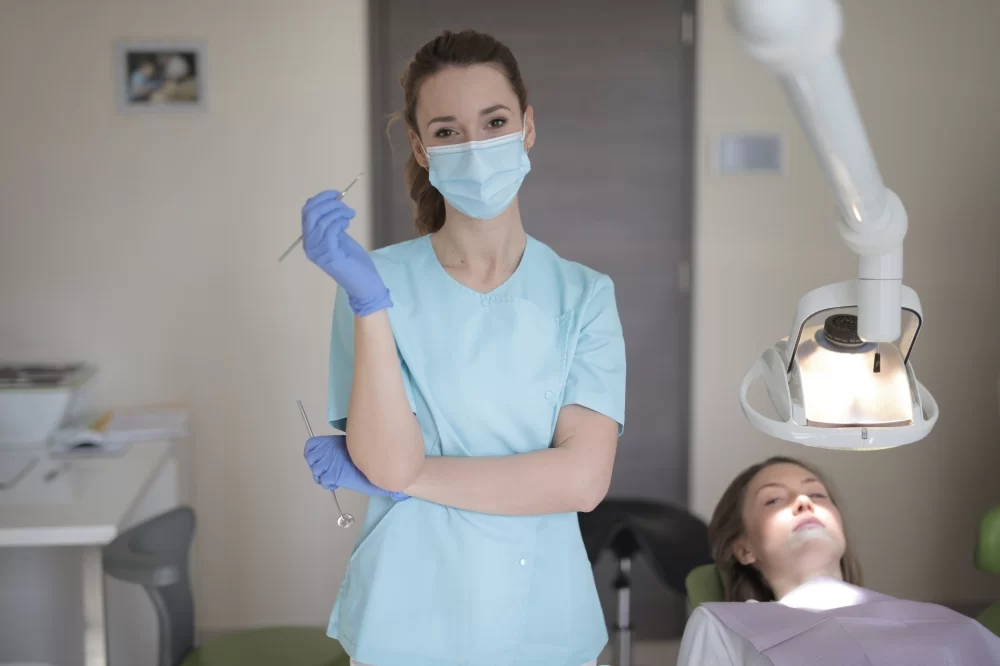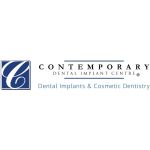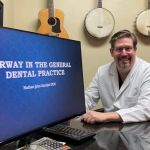
Understanding Oral Cancer and Its Risk Factors
Oral cancer, often referred to as mouth cancer, is a serious disease that can affect various parts of the mouth, including the lips, tongue, cheeks, gums, and roof or floor of the mouth. The statistics are staggering: thousands of people in the United States are diagnosed with oral cancer each year, and many of these cases could have been prevented. However, with the right precautions, lifestyle changes, and knowledge, the risk of developing oral cancer can be reduced significantly. In this article, we’ll explore ways to prevent oral cancer, while providing you with valuable insights and practical advice on how to keep your oral health in top condition.
The Importance of Early Detection and Prevention
While prevention is key, early detection of oral cancer also plays a vital role in survival rates. Detecting mouth cancer at an early stage can make all the difference in successful treatment and recovery. This is why regular dental visits and self-examinations should be an essential part of your oral health routine. Dentists are trained to spot early signs of oral cancer, which might not be immediately visible to the naked eye. They can help identify precancerous lesions or unusual changes in your mouth, providing you with the chance to take immediate action.
Key Lifestyle Changes to Prevent Oral Cancer
Making positive changes in your lifestyle is one of the most effective ways to lower your risk of oral cancer. Here are several important habits and practices that can significantly reduce your chances of developing this potentially deadly disease:
1. Avoid Tobacco Products
Smoking and using tobacco products, including chewing tobacco, are among the leading causes of oral cancer. Smokers are at a higher risk of developing mouth cancer than non-smokers, and the risk increases significantly the longer a person uses tobacco. The harmful chemicals in tobacco damage the cells in the mouth, leading to cancerous growths. If you smoke or use any form of tobacco, quitting is one of the best ways to reduce your risk of oral cancer.
2. Limit Alcohol Consumption
Excessive alcohol consumption is another major risk factor for oral cancer. Alcohol weakens the protective tissues in the mouth and makes them more susceptible to the harmful effects of tobacco and other carcinogens. When combined with smoking, the risk of oral cancer skyrockets. Cutting back on alcohol, or abstaining altogether, can significantly lower your chances of developing oral cancer.
3. Maintain Good Oral Hygiene
Practicing good oral hygiene is essential for overall health and plays a significant role in preventing oral cancer. Brushing your teeth twice a day, flossing regularly, and using mouthwash can help remove harmful bacteria and reduce the buildup of plaque, which can contribute to mouth infections and oral cancer. Regular dental cleanings and checkups are also critical for maintaining healthy teeth and gums. If left untreated, gum disease can lead to other complications, including cancer.
4. Eat a Healthy, Balanced Diet
A healthy diet plays a crucial role in preventing oral cancer. Eating a variety of fruits, vegetables, and whole grains can provide your body with the vitamins and nutrients it needs to fight off cancer-causing agents. Research has shown that individuals who consume a diet rich in antioxidants, particularly from fruits and vegetables, have a lower risk of developing oral cancer. Avoiding processed foods and focusing on fresh, wholesome meals will not only protect your mouth but also contribute to your overall health.
5. Protect Your Lips from the Sun
Excessive sun exposure can increase the risk of lip cancer, a type of oral cancer. To protect your lips, apply lip balm with SPF protection when spending time outdoors. Wearing a wide-brimmed hat and seeking shade can also help prevent harmful UV radiation from damaging your lips and skin around the mouth.
Oral Cancer Screening and Early Detection
Oral cancer screening is an important part of preventing and detecting mouth cancer in its earliest stages. Dentists typically perform routine screenings during regular checkups, looking for signs of unusual growths, sores, or changes in the tissues of the mouth. In addition to professional screenings, it’s important to perform self-examinations at home. Look for any persistent changes in your mouth, such as red or white patches, pain, difficulty swallowing, or a lump in the neck. If you notice any of these symptoms, it’s essential to seek medical attention immediately.
Regular Dentist Visits
Regular visits to your dentist are crucial not only for maintaining a healthy smile but also for detecting oral cancer in its early stages. During a routine dental checkup, your dentist will examine your mouth, gums, tongue, and throat for any abnormal signs that may indicate cancer or precancerous conditions. Most cases of oral cancer are diagnosed during a routine dental exam, so don't skip those annual visits!
Self-Examination Techniques
In addition to professional screenings, self-examinations are an easy and effective way to stay vigilant for signs of oral cancer. Use a bright light and a mirror to check the inside of your mouth, paying attention to your tongue, gums, and the roof and floor of your mouth. Feel for any lumps, sores, or tenderness in your mouth and neck area. If you notice any changes, schedule an appointment with your dentist or doctor as soon as possible.
The Role of Genetics and Family History
Genetics can also play a role in the development of oral cancer. If you have a family history of oral cancer or other cancers, your risk may be higher. While you cannot change your genetic makeup, understanding your family history and discussing it with your doctor can help you take proactive steps to lower your risk. If you're at a higher risk, your doctor may recommend more frequent screenings or additional preventive measures.
Staying Informed and Empowered
Knowledge is power, and the more you know about oral cancer prevention, the better equipped you will be to make informed decisions about your health. Educating yourself about the signs, symptoms, and risk factors associated with oral cancer can help you stay proactive about your oral health and overall well-being. Take charge of your health today by adopting a healthy lifestyle, maintaining good oral hygiene, and regularly visiting your dentist for screenings and checkups. Together, these actions can help you protect yourself from the risks of oral cancer and ensure that your smile stays healthy for years to come.







 Contemporary Dental Implant Centre4.0 (13 review)
Contemporary Dental Implant Centre4.0 (13 review) Little Grins Dental4.0 (79 review)
Little Grins Dental4.0 (79 review) UI Health Mile Square Health Center - Primary and Immediate Care3.0 (13 review)
UI Health Mile Square Health Center - Primary and Immediate Care3.0 (13 review) Stoneridge Dental4.0 (384 review)
Stoneridge Dental4.0 (384 review) Sandra L. Vargas, DMD3.0 (8 review)
Sandra L. Vargas, DMD3.0 (8 review) Dr. Melanie Williamson, DMD5.0 (5 review)
Dr. Melanie Williamson, DMD5.0 (5 review) The Importance of Oral Health Education During Pregnancy for a Healthy Pregnancy
The Importance of Oral Health Education During Pregnancy for a Healthy Pregnancy Best Tips for Brushing Your Teeth Properly for Healthy Gums: Essential Techniques for Oral Health
Best Tips for Brushing Your Teeth Properly for Healthy Gums: Essential Techniques for Oral Health Why Skipping Dental Checkups Can Lead to Bigger Oral Health Problems
Why Skipping Dental Checkups Can Lead to Bigger Oral Health Problems Advantages of Porcelain Dental Restorations
Advantages of Porcelain Dental Restorations How Can Diabetes Cause Tooth and Gum Problems? Preventing and Managing Oral Health Issues
How Can Diabetes Cause Tooth and Gum Problems? Preventing and Managing Oral Health Issues Healthy Habits for Promoting Good Oral Health and Hygiene: Tips for a Healthy Smile
Healthy Habits for Promoting Good Oral Health and Hygiene: Tips for a Healthy Smile